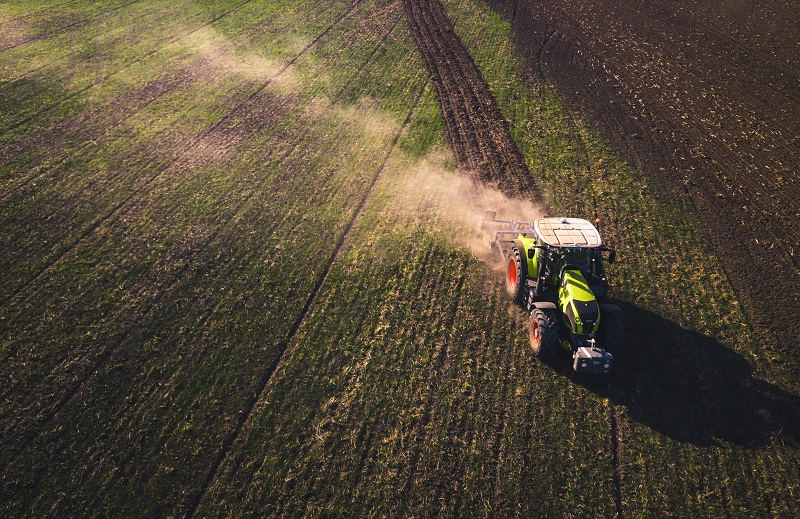The U.S. Department of Agriculture (USDA) participated in a G20 Meeting of Agricultural Chief Scientists, where it underscored the importance of investing in agriculture and food innovation to tackle the ongoing challenges, according to USDA’s press release.
G20 leaders gathered in Bali to discuss the global challenges in the segment of agriculture and align the national and global R&D priorities.
The United States delegation was headed by Dr. Chavonda Jacobs-Young, USDA’s Chief Scientist. Dr. Jacobs-Young urged G20 members to stand behind the Agriculture Innovation Mission (AIM) for Climate and the Coalition for Sustainable Productivity Growth, according to the press release.
Food supply chains and the agricultural segment, in general, have been heavily disrupted by the ongoing war in Ukraine. The global climate crisis is making this issue even worse if a solution is not found, the Biotechnology Innovation Organization (BIO) has argued.
“Ambitious investment in climate-smart agriculture and food systems innovation will help create a surge of solutions, enabling the world to meet nutritional needs, increase agricultural productivity, improve livelihoods, conserve nature and biodiversity, build resilience to climate change, reduce greenhouse gas emissions and sequester carbon,” USDA’s Dr. Chavonda Jacobs-Young stated.
The discussions on these issues are set to continue at the COP27 in Egypt in November.
Two public-private partnerships to support agriculture and food innovation
The two initiatives USDA mentions can help address this issue.
AIM for Climate was initiated at the COP26 in 2021 by the United States and United Arab Emirates. The initiative is aimed at positioning agriculture as a central element of climate action, which is part of the commitment of President Biden’s administration to a “whole-of-government” approach in terms of the climate crisis.
The Coalition for Sustainable Productivity Growth was launched in 2021 and is aimed at accelerating the transition toward more sustainable food systems by using agriculture productivity growth “that optimizes agricultural sustainability across social, economic, and environmental dimensions.”
BIO is one of AIM’s 50 non-governmental Knowledge Partners. BIO also signed on to the Coalition for Sustainable Productivity Growth.




